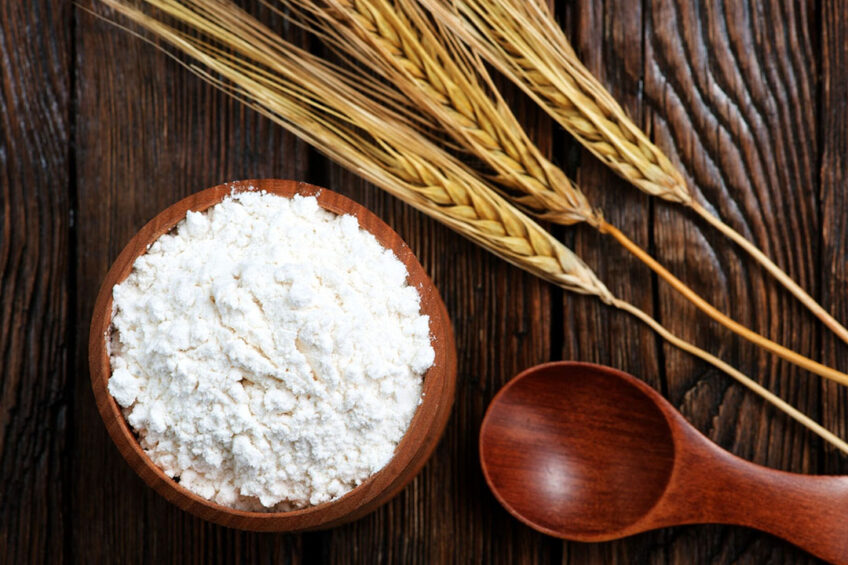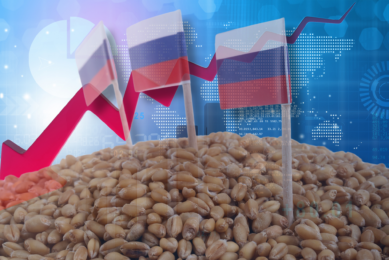Belarus: BNBC to export feed products via the commodity exchange

The Belarusian National Biotechnological Corporation (BNBC) has disclosed plans to begin selling dry wheat gluten and some other protein products to foreign customers through Belarusian Universal Commodity Exchange.
BNBC has already begun selling amino acids, compound feed, and premixes through the Commodity Exchange to customers on the domestic market, the company said.
“BNBC, as the largest gluten producer in Belarus, expects to increase the efficiency of export sales by using the exchange floor through a price rise during trading,” the company added.
The company plans to sell gluten on the Commodity Exchange within one trading session with beet pulp and molasses since Russian companies are likely to have a demand for all these products. Currently, BNBC considers Russia the main sales market for these products.
European customers next on the line
In the future, in order to increase the level of competition and expand the geography of exchange sales, potential buyers from other countries, including the European Union, where the market for dry wheat gluten is estimated at about $ 1 billion, will be attracted to trading in protein products.
First products hit the market
BNBC is gradually launching production facilities, placing the first bids for amino acids.
“The first bids for the sale of gluten – 10 tonnes – were put up at auction on December 2, 2021. In addition to wheat gluten, BNBC also placed trial lots of wheat protein-starch product – 2 lots of 100 tonnes – and L-lysine sulphate – 2 lots of 20 tonnes. Like gluten, it is a product of advanced processing and is used as a feed additive. The target market again is Russia,” the company said.
BNBC: 2022 production forecast
BNBC is on the way to reach full-designed production in 2022, BNBC general director Danil Uritsky said in a statement in September.
In 2022, the company expects to produce 100,000 tonnes of feed amino acids – lysine, tryptophan, and threonine, and generate a profit of $700 million. Only 20,000 tonnes of feed amino acids were destined for the domestic market, Uritsky said. Upon reaching full designed production performance, BNBC is expected to become the largest feed additive producer in the post-Soviet space.











